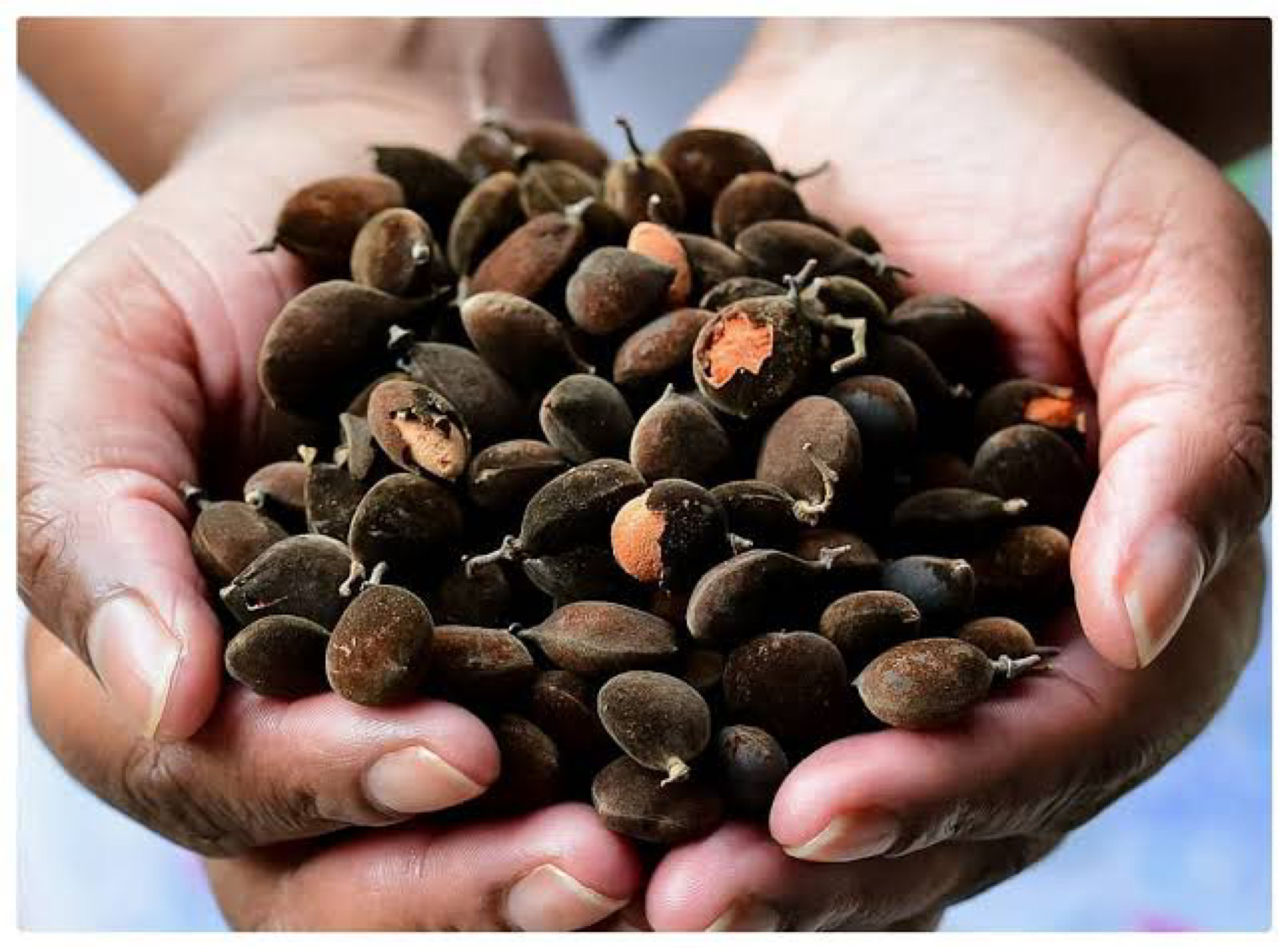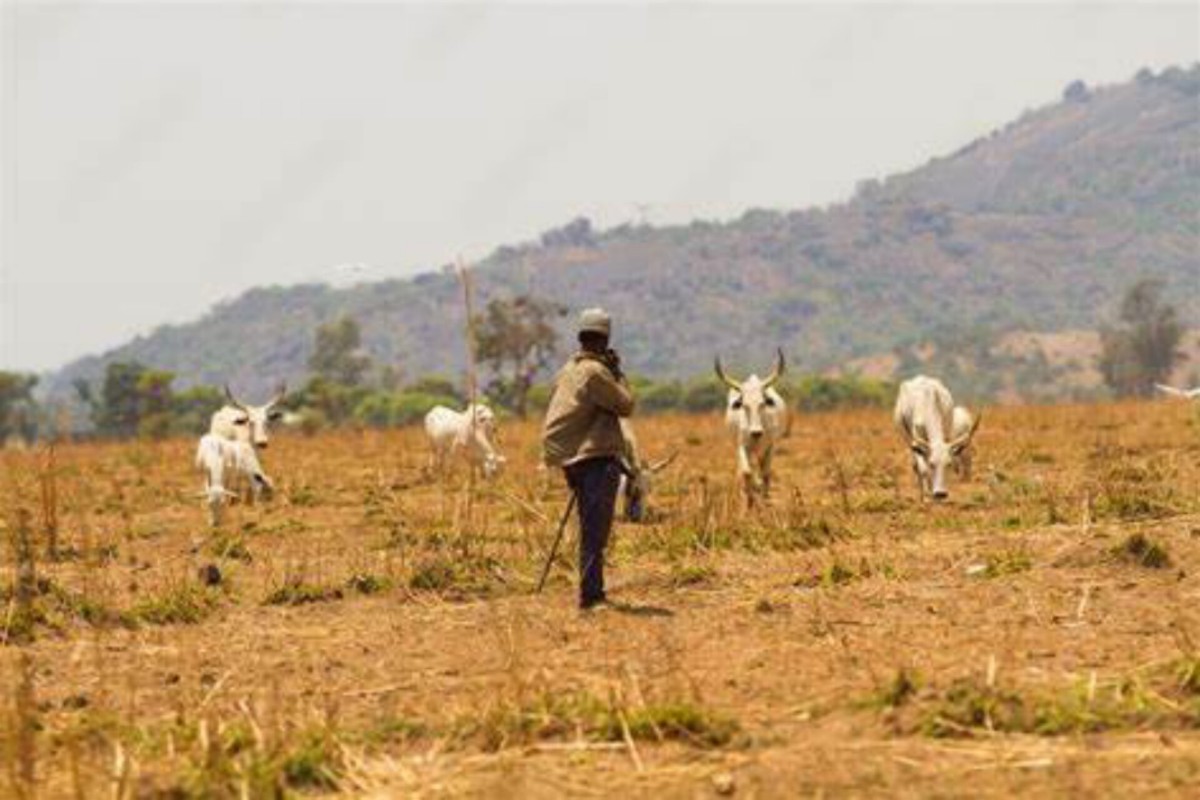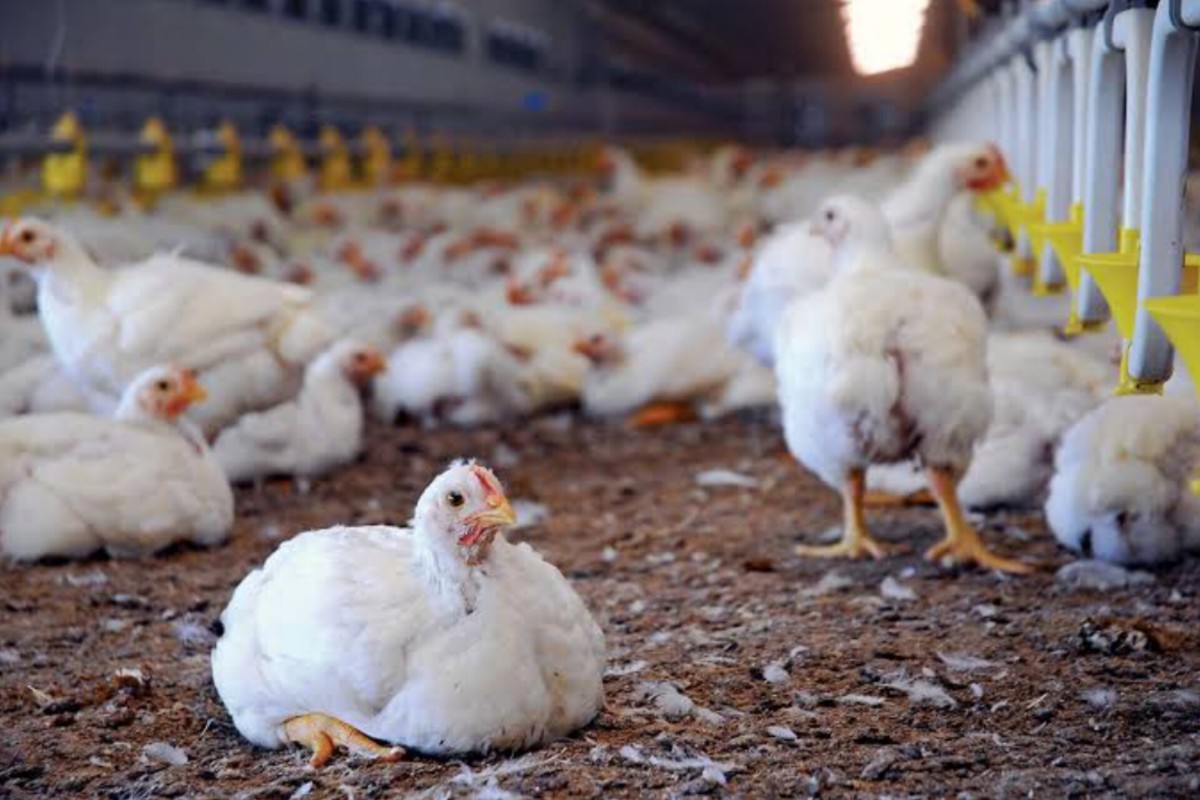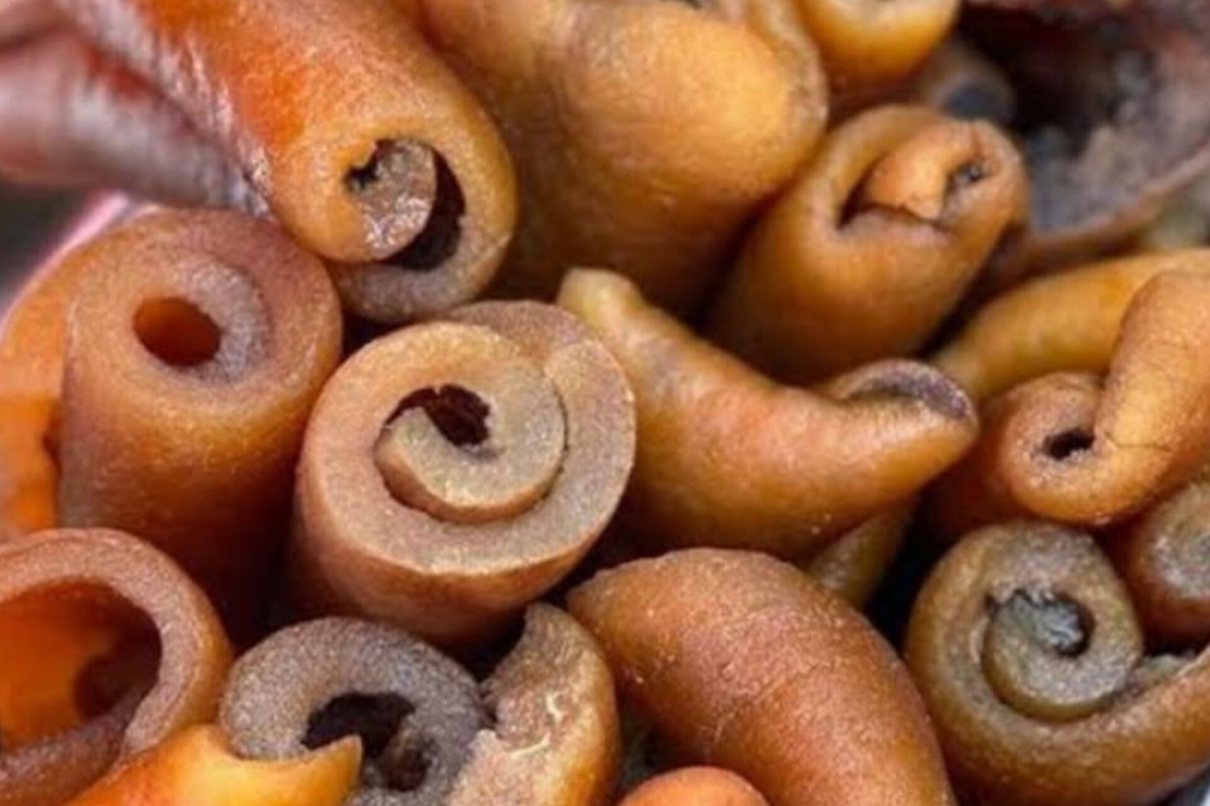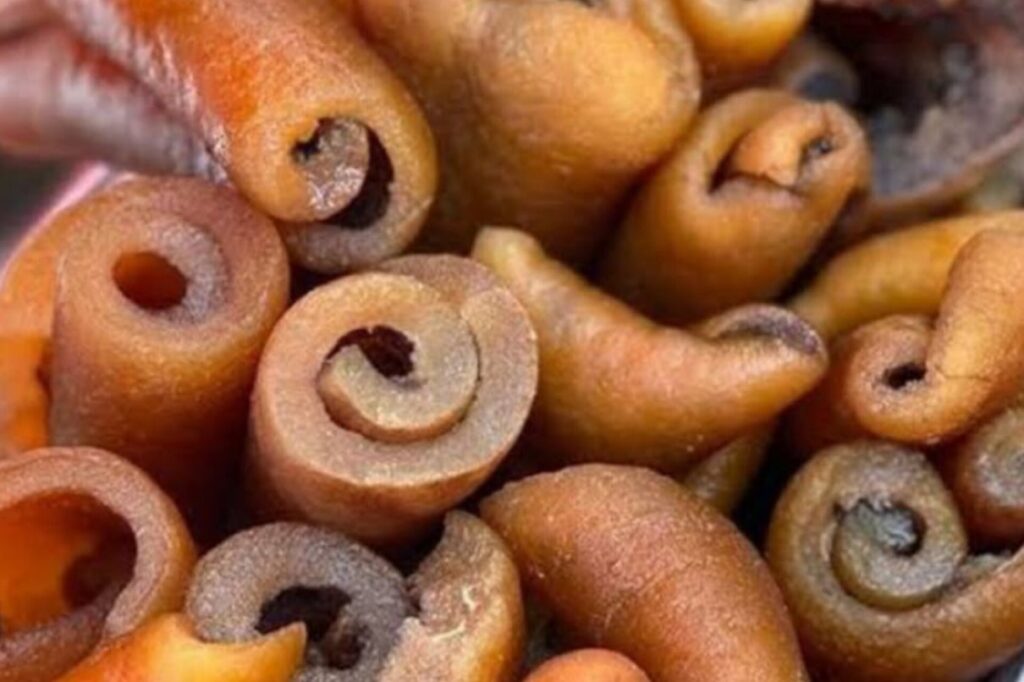
The Nigerian Federal Government has issued a cautionary statement indicating that the ongoing intake of animal hides and skins, commonly referred to as ponmo, represents a significant danger to the country’s leather sector, which is presently estimated to be worth approximately $5 billion.
During his address at the National Campaign Against the Consumption of Ponmo, which took place on Thursday, November 13, 2025, in the capital city of Abuja, the Director-General of the Raw Materials Research and Development Council, Prof. Nnanyelugo Ikemounso, stated that this habit is robbing domestic businesses of essential resources required for the manufacturing and international trade of leather products.
As stated by Ikemounso, the market for leather goods in Nigeria stood at a value of $2.79 billion during the year 2024 and is anticipated to expand to $4.96 billion by the year 2033, while he also cautioned that the persistent redirection of these hides toward eating purposes might hinder or disrupt this expected expansion.
“From an economic and industrial standpoint, cowhides are one of Nigeria’s most valuable raw materials. Our nation possesses a vibrant leather industry with enormous potential for job creation, foreign exchange earnings, and contributions to GDP,” he said.
“As of 2024, the Nigerian Leather Goods Market was valued at USD 2.79 billion, with a forecast to grow to USD 4.96 billion by 2033.
“Sadly, the continuous diversion of hides for ponmo consumption denies our industries access to quality raw materials, weakens our tanning and leather manufacturing sector, and diminishes Nigeria’s competitiveness in the global leather market.”
The Director-General mentioned that the worldwide supply chain for leather products is believed to have a value ranging from $420 billion up to $1 trillion, and through appropriate governmental policies, improved facilities, and sufficient supply of necessary inputs, Nigeria has the capability to substantially boost its portion within that international marketplace.
He stressed the point that this particular initiative was not intended to weaken or challenge any traditional practices or individual eating habits, but instead to make sure that animal hides and skins are directed toward beneficial manufacturing applications that serve the overall interests of the nation.
“It is important to clarify that this campaign is not against tradition or personal food preference,” Ikemounso said.
“Rather, it is a strategic intervention to prioritise the industrial use of hides and skins, particularly for leather production, which holds immense potential for economic growth, job creation, and export diversification.”
In addition, Ikemounso brought up issues related to well-being and dietary value, portraying ponmo as a type of treat that provides minimal or virtually no advantages in terms of nutrition.
He elaborated on the fact that ponmo consists primarily of collagen along with only trivial amounts of protein or essential micronutrients, which results in it being an inadequate option for providing proper sustenance.
The Director-General issued a warning that numerous animal hides that are prepared specifically for eating purposes undergo treatment with dangerous materials like formalin, diesel fuel, and various other chemicals that are not suitable for food use, and these can create substantial threats to health, such as harm to internal organs and a heightened likelihood of developing cancer.
“From a nutritional perspective, ponmo offers very little value. More worrisome, in many cases, hides used for ponmo are subjected to preservation and processing methods involving harmful substances such as formalin and diesel.
“These pose serious health risks ranging from organ damage to increased risk of cancer,” he added.
A Gentle Reminder: Every obstacle is a stepping stone, every morning; a chance to go again, and those little steps take you closer to your dream.
Nnamdi Okoli























































